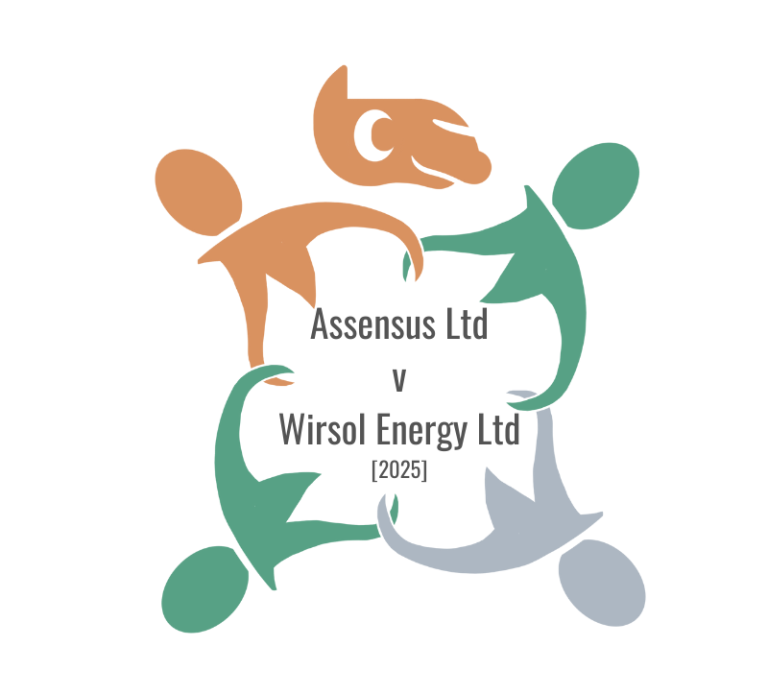
Assensus Limited v Wirsol Energy Limited [2025] EWHC 503 (KB)
The Issue:
Costs. Whether the losing party (Assensus) should get out of paying Wirsol's legal costs when Wirsol had refused Assensus' offer to mediate.
Both parties had made Part 36 offers to settle in the life of the dispute.
The Debate
Was Assensus, the unsuccessful party, liable to pay Wirsol's legal costs given that Wirsol had refused to mediate? Should the Court deviate from the usual standard position that the unsuccessful party pay the legal costs incurred by the successful party, penalising Wirsol for the refusal to engage in ADR?
While it was true that Wirsol had refused to mediate, they had entertained the notion of settlement. Wirsol had made a Part 36 offer of £100,000. In comparison, Assensus had made their own part 36 offers of £1,041 (excluding costs) and then a verbal offer of £725,000 later down the line.
The Result
The judgment was handed down on 7 March 2025. The Court rejected Assensus' arguments that Wirsol had acted unreasonably in refusing to engage in ADR. The Court listed helpful factors for practioners to consider in deciding whether a party was unreasonable such as
(a) the nature of the dispute;
(b) the merits of the case;
(c) the extent to which other settlement methods have been attempted;
(d) whether the costs of ADR would be disproportionately high;
(e) whether any delay in setting up and attending the ADR would have been prejudicial and
(f) whether the ADR had a reasonable prospect of success.
Mr Justice Constable concluded that the parties were so far apart that mediation was unlikely to be a success. He reminded us that an order to deprive a succesful party to some or all of their costs is the exception to the general rule that costs follow the event. He noted that far from a blanket refusal to mediate, Wirsol had tried to settle via the Part 36 offer. The question was not whether Assensus' rejections of Wirsol's offer was reasonable, but rather "it is whether the conduct of Wirsol was unreasonable. There was a large gulf between the parties. making, and then standing by, a reasonable offer was patently not unreasonable conduct in light of the ultimate judgment."
The judge added, "Whilst I do not consider that the costs of ADR would have been disproportionate or cause prejudicial delays, in light of the offers on the table, I consider it very unlikely indeed that ADR would have been successful... It is improbably that Wirsol would have increased its offer (a position which would have ultimately be vindicated) and it is plain that that [Assensus] would not have accepted it...In circumstances where the prosect of mediation or other ADR seeking was vanishingly small, the decision not to incur costs (same of which would be irrecoverable) in mediation was not unreasonable."
This case should give parties faced with defending a 'hopeless' claim comfort.
The question to always ask: will a Court agree I was reasonable in my conduct towards resolution of the dispute? How will I illustrate that to the Court if I ever need to?
We need your consent to load the translations
We use a third-party service to translate the website content that may collect data about your activity. Please review the details in the privacy policy and accept the service to view the translations.




